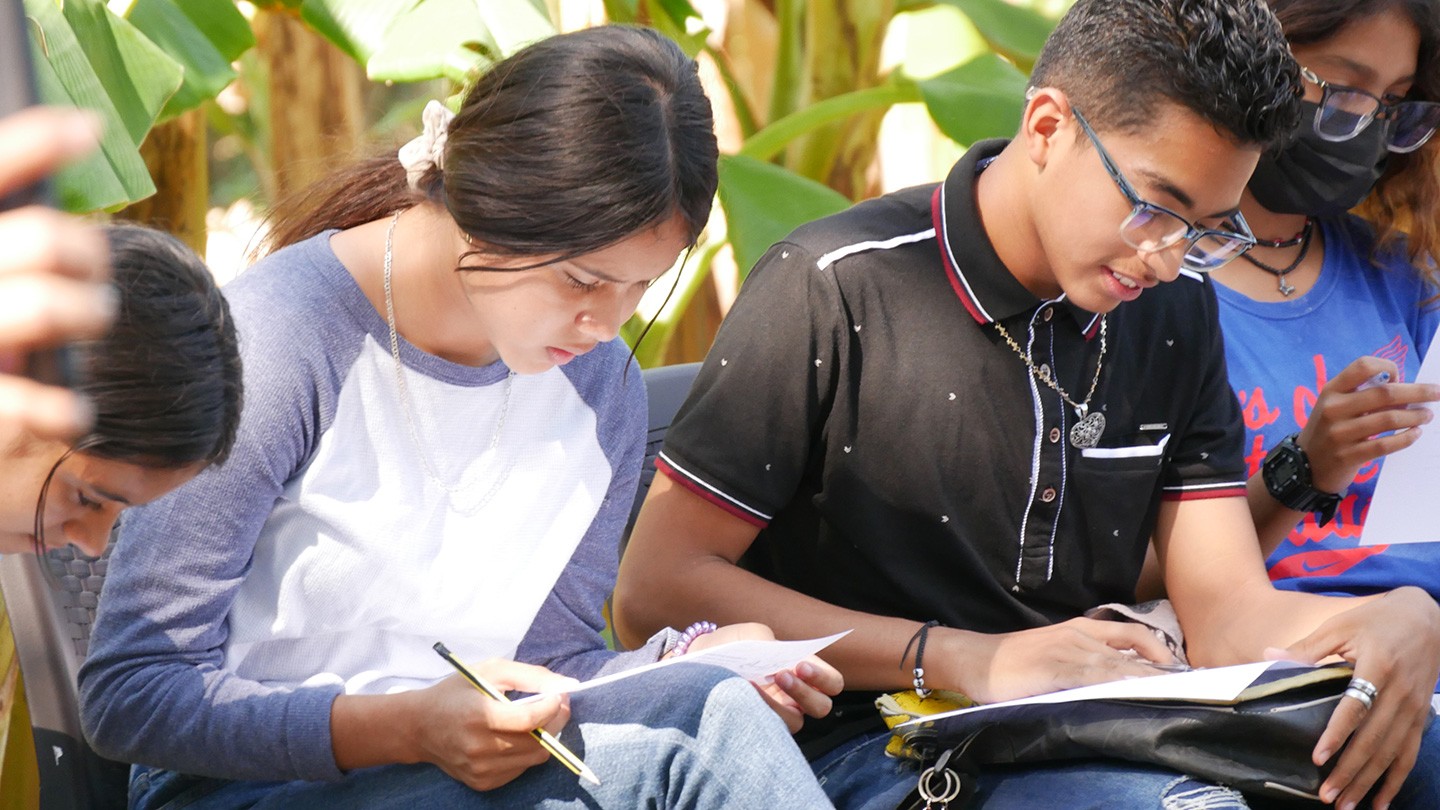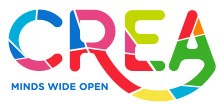
Youth Development programming supports the academic, social, and emotional growth of adolescents as they strive to reach their goals and create positive change in their communities. Youth Development comprises six programs: Leadership, Cultural Literacy, English Literacy, Social Empowerment, University and Technical Education Scholars, and Community Health.
Students who participate in Youth Development programming have a 100% high school graduation rate. Our education programs include tutoring as well as workshops that focus on leadership, goal-setting, career preparation, and the creation of a professional portfolio.
– The Leadership Program includes workshops designed to empower youth to exercise leadership in their education, career path, family, and community. Workshops are focused on areas such as improving communication skills and goal setting strategies, social and psychological resilience, self-advocacy, and mentorship.
– The Cultural Literacy Project provides participants an opportunity for self-reflection and growth while learning about Nicaragua’s rich history and visiting important sites within Nicaragua, including universities. Excursions allow youth a chance to set goals for the future and imagine how a post-secondary education may help shape their future.
– The English Literacy Project acknowledges the value of learning English. Participants engage in beginning English courses facilitated by CREA’s Youth Development Initiative staff members. Each week, small groups of participants gather to learn and practice basic, conversational English language skills. Such skills provide a foundation for future opportunities for learning, engagement, and employment, especially in the region’s tourism businesses.
– The Social Empowerment Projects enable youth to practice what they learn through hands-on, youth-initiated and directed programming. In this model, youth are provided the opportunity to innovate and create while practicing teamwork and leadership skills. Youth engage with creating handicrafts from recycled materials, or with the revitalization of a community garden.
– The University and Technical Education Scholars Program supplies eligible secondary school graduates with full tuition to any Nicaraguan post-secondary institution or vocational program. Most students study tourism, hospitality, engineering, or nursing – fields that hold the promise of future professional success.
– The Community Health Program youth participants become educated regarding health-related issues to support positive, healthy choices. Youth learn about a wide range of topics such as healthy relationships, reproductive health, and self care practices. Students take what they learn and facilitate workshops for surrounding secondary school students which supports peer-to-peer learning and mentorship. This program is administered in close partnership with Nicaragua’s Ministry of Health and other key institutions.
Students who participate in Youth Development programming have a 100% high school graduation rate. Our education programs include tutoring as well as workshops that focus on leadership, goal-setting, career preparation, and the creation of a professional portfolio.
– The Leadership Program includes workshops designed to empower youth to exercise leadership in their education, career path, family, and community. Workshops are focused on areas such as improving communication skills and goal setting strategies, social and psychological resilience, self-advocacy, and mentorship.
– The Cultural Literacy Project provides participants an opportunity for self-reflection and growth while learning about Nicaragua’s rich history and visiting important sites within Nicaragua, including universities. Excursions allow youth a chance to set goals for the future and imagine how a post-secondary education may help shape their future.
– The English Literacy Project acknowledges the value of learning English. Participants engage in beginning English courses facilitated by CREA’s Youth Development Initiative staff members. Each week, small groups of participants gather to learn and practice basic, conversational English language skills. Such skills provide a foundation for future opportunities for learning, engagement, and employment, especially in the region’s tourism businesses.
– The Social Empowerment Projects enable youth to practice what they learn through hands-on, youth-initiated and directed programming. In this model, youth are provided the opportunity to innovate and create while practicing teamwork and leadership skills. Youth engage with creating handicrafts from recycled materials, or with the revitalization of a community garden.
– The University and Technical Education Scholars Program supplies eligible secondary school graduates with full tuition to any Nicaraguan post-secondary institution or vocational program. Most students study tourism, hospitality, engineering, or nursing – fields that hold the promise of future professional success.
– The Community Health Program youth participants become educated regarding health-related issues to support positive, healthy choices. Youth learn about a wide range of topics such as healthy relationships, reproductive health, and self care practices. Students take what they learn and facilitate workshops for surrounding secondary school students which supports peer-to-peer learning and mentorship. This program is administered in close partnership with Nicaragua’s Ministry of Health and other key institutions.
